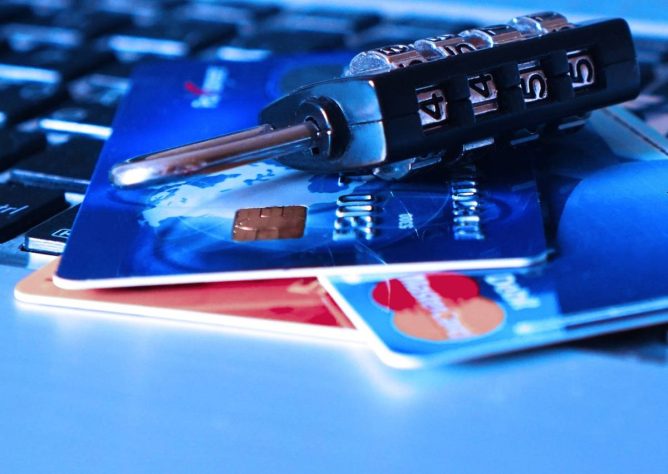Identity protection services and credit monitoring should be a free (to consumer) service by default, and it makes economic sense for the economy and our society as a whole.
With the frightening regularity of large data breaches and the cost to corporations, who are then responsible for paying for credit monitoring and identity protection services afterwards, it seems like it’d almost be less expensive to just pool resources and provide it to everyone gratis.
That kind of preventative move would put a large dent in the over $56 billion dollars lost per year (as of 2020) to identity theft.
Of course, I’m not thinking like a greedy capitalist, which probably explains why it’s not done.
While companies have increasingly been offering identity theft protection as an employee benefit, in my experience, it is still a service that end users (that’s you and I) pay for. Instead, I’m speaking of the inevitable news release from the hacked organization that it will "provide identity protection coverage for affected individuals for one year."
With the increasing rate of high-profile cybersecurity incidents and our highly-networked world, it is a virtual guarantee that everyone’s information will be involved in at least one security breach of some kind. With identity protection plans ranging anywhere from $100 to over $600 per year, that means that a breach like HCA Healthcare’s, which impacted eleven million people, could potentially cost that company over 6.6 billion dollars in "complimentary credit monitoring services."
So why not reduce the risk across the board, pool resources, and provide free identity protection to all citizens as a public-private partnership to solidify our digital infrastructure and even out costs to companies?
Cost-benefit analysis.
It is a certainty that these large corporations have already calculated the costs of data breaches and the cost of whatever they would end up paying to consumers. Externalities — such as the cost to consumers or negative outcomes due to delays in service — were likely disregarded, as they rarely factor into quarterly earnings reports.
If this is ringing a small bell, that’s because it’s the same kind of logic that Ford used with the Pinto, later immortalized in the book and film Fight Club.
Even though one can demonstrate how providing free, robust identity protection for all citizens would provide economic benefits to nearly every corporation in addition to all people, corporations will not take action until it is required.
It makes sense by the rules that corporations live by. The companies are beholden to stockholders, who expect — and can, in cases, demand — that a company maximizes its profits, no matter how much damage that does to individuals or society.

